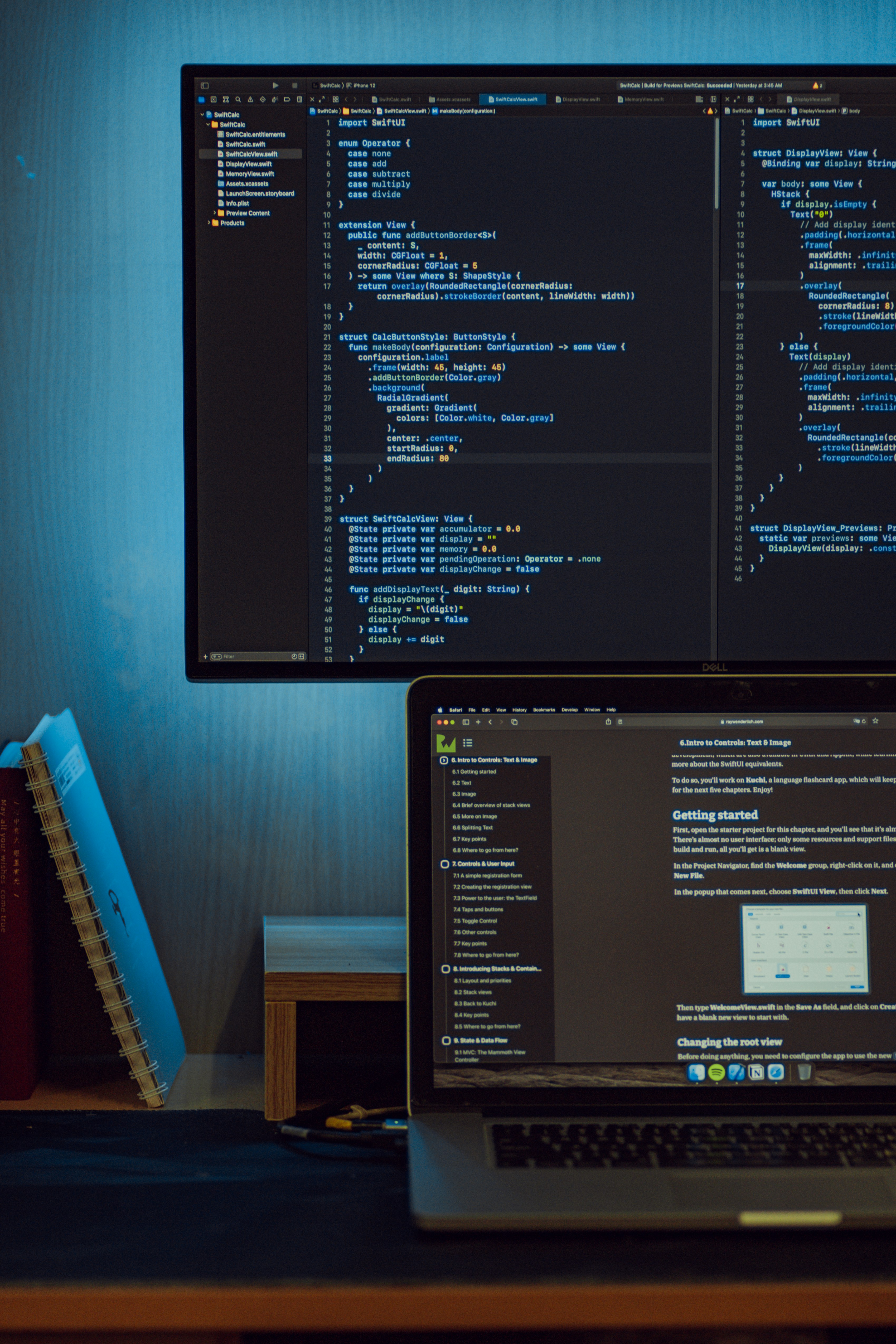Google Quietly Drops 'Avoid Harm' Pledge from AI Principles in Early February Shift

Google has discreetly removed its longstanding commitment to "avoid harm" from its AI principles, a subtle but seismic shift that has raised eyebrows among ethicists and tech watchers. The change, buried in an update to its corporate guidelines, signals a pivot in the tech giant's approach to artificial intelligence amid intensifying global competition. Below, we explore the details of this revision, the motivations behind it, and the broader implications as reported during this period.
A Stealth Edit Unveiled
Google's original AI principles, rolled out in 2018 after employee backlash over military contracts, promised to develop AI that would "avoid creating or reinforcing harm" and prioritize societal benefit. The updated version, quietly posted on its website, strips out the "avoid harm" clause, replacing it with a vaguer pledge to "consider risks" and advance AI "responsibly." Gone too is an explicit ban on weapons development, softened to a line about assessing "dual-use" applications—tech with both civilian and military potential. The tweak slipped under the radar until eagle-eyed researchers at the AI Now Institute flagged it, sparking a flurry of scrutiny. Google downplayed the shift in a blog post, claiming it reflects "evolving industry standards" and a focus on "practical risk management" over rigid ideals. Critics, however, see a calculated move to unshackle its AI ambitions from ethical constraints that rivals like China's DeepSeek or even OpenAI might sidestep.Why the Change?
The revision aligns with a cutthroat AI race. DeepSeek's R1 breakthrough—cheap, efficient, and open-source—has jolted Silicon Valley, pressuring Google to accelerate its own models like Gemini and keep pace with competitors unshackled by strict ethics codes. The U.S. government's push for AI supremacy, with Trump's incoming administration eyeing military tech, adds heat—Google's past refusal of Pentagon projects like Maven cost it ground to firms like Microsoft, now cozy with $10 billion defense deals. Internally, the shift mirrors a cultural pivot. Employee protests that once forced Google to ditch Maven and pledge no harm have waned since 2021 layoffs and union busting—over 70% of staff now prioritize innovation over activism, per internal surveys. Sundar Pichai, in a rare nod, hinted at Davos that "principles must evolve with reality," a tacit admission that ethics might bend to profit and power.A Ripple Through Tech
The edit reverberates across Silicon Valley. Google's $2 trillion valuation—buoyed by AI bets—takes a 2% hit as investors weigh ethics backlash against growth potential, though analysts see long-term gains if military contracts flow. Rivals react—Meta's Yann LeCun shrugs it off as "pragmatism," while OpenAI's Sam Altman doubles down on safety rhetoric, sensing a PR edge. Startups like Anthropic, founded by ex-Google ethicists, decry it as a "betrayal" of AI's promise, pushing their own harm-free models. Public trust, already shaky—Google's ad scandals and privacy fines linger—faces a test. A Pew poll shows 60% of Americans want AI firms to prioritize safety; this shift risks alienating users as R1's app surges past Google's offerings on mobile charts. Ethicists warn of a slippery slope—without "avoid harm," AI could drift into surveillance, bias amplification, or autonomous weapons unchecked.Global and Geopolitical Echoes
The change lands amid a tense AI geopolitics landscape. China's state-backed firms, unburdened by Western ethics, churn out models like R1, while the U.S. scrambles to counter with export controls and defense tech—Google's softened stance could unlock Pentagon partnerships, like the $1 billion JADC2 cloud project. The EU, enforcing its AI Act, eyes Google warily, with regulators mulling fines if "risk consideration" skirts their strict harm bans. BRICS nations, fresh off expansion, cheer a less moralizing West—Russia's AI push for Arctic bases gains a foil, while India hedges, balancing Google ties with homegrown tech. Markets twitch—Nvidia dips 1% on ethics noise, gold ticks up—though oil holds at $74 per barrel, unmoved by tech's soul-searching.A Pandora's Box?
Google's pledge drop opens thorny questions. Its AI powers everything—search, maps, health—handling 5 billion daily queries; loosening harm safeguards risks real-world fallout, from biased diagnostics to weaponized drones. The firm's past woes—YouTube's radicalization, Gemini's missteps—hint at the stakes. Yet, proponents argue it's a pragmatic pivot: harm's ambiguity (whose harm? how much?) bogged down progress, and "risk management" lets AI tackle climate or poverty with fewer shackles. Critics see a Faustian bargain. Kate Crawford of AI Now calls it "a green light for recklessness," fearing a race to the bottom as rivals ditch ethics too. Google's own researchers, once vocal on bias, stay mum—some speculate gag orders, others a chilling effect post-2021 firings.Looking Ahead
Google's quiet erasure of "avoid harm" marks a watershed—a tech titan shedding ideals for agility in a brutal AI race. It could unleash innovation, cementing U.S. dominance, or erode trust, ceding moral ground to scrappy upstarts like DeepSeek. The world watches a juggernaut pivot: will "responsible" AI prove a hollow shield, or a smarter path through a minefield of progress and peril? For now, the shift whispers a truth—ethics, like code, bends to the pressures of power and time.
Junction News
Global Affairs Coverage